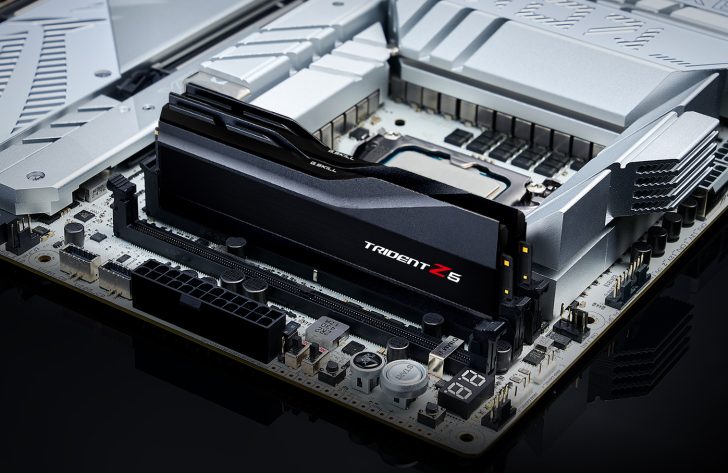PC gamers have little to worry about this year, but the future might not be as bright. The year 2026 could bring challenges, especially if memory shortages continue their current trajectory. Lenovo, among other manufacturers, is already bracing for a tougher time ahead due to these ongoing issues in the memory market.
Lenovo’s Strategic Response to Memory Demand
The demand for memory products is skyrocketing alongside the rapid growth of AI technology. As a result, the PC market is entering a challenging phase, with shortages in HBM, DDR, LPDDR, and GDDR memory types. To mitigate the impact of these shortages, Lenovo has strategically increased its component inventories by approximately 50% more than usual. Reports suggest that this forward-thinking move is designed to shield retailers and consumers from rising costs.
The world’s biggest PC maker is holding on to component inventories that are roughly 50% higher than usual, Chief Financial Officer Winston Cheng told Bloomberg TV on Monday. The frenzy to build and fill AI data centers with advanced hardware is raising prices for producers of consumer electronics, but Lenovo also sees an opportunity in this to capitalize on its stockpile.
– Bloomberg
Lenovo’s proactive inventory strategy has helped it adapt to supply chain fluctuations this quarter. However, the company has hinted at potential adjustments in 2026 due to the ongoing memory supercycle. The impact of memory shortages is expected to affect a range of devices, including laptops and pre-built PCs, as the supply chain enforces price hikes to address the ongoing uncertainties.

Wider Market Implications and Price Hikes
The effects of these shortages have already started to ripple through consumer markets, with noticeable price hikes in consumer RAM. Additionally, reports suggest that AMD and NVIDIA are planning to increase their GPU prices. This trend indicates that most computing devices could soon experience significant price increases. With shortages expected to persist into 2027, the industry is preparing for another year of constrained supply.
